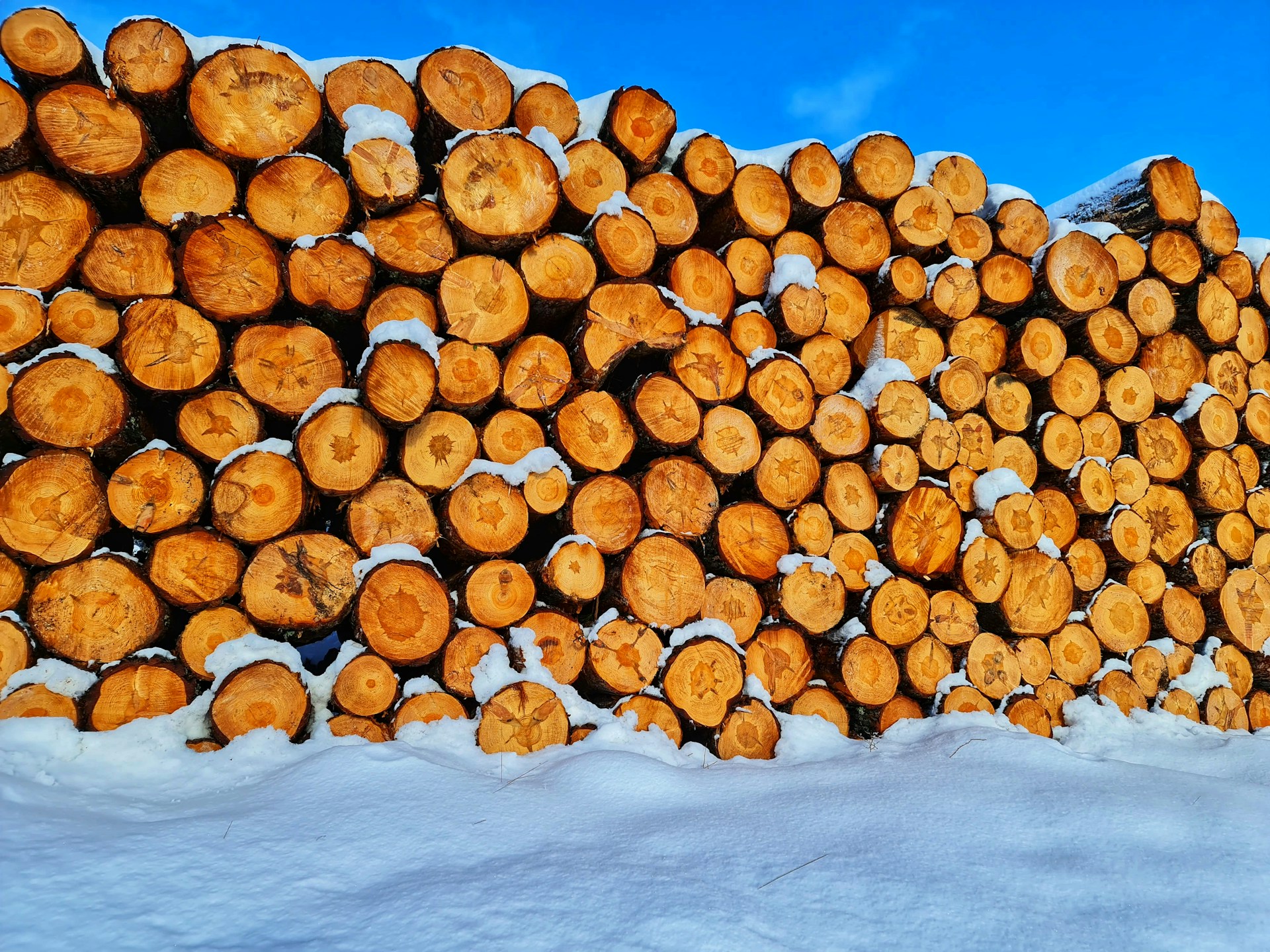Science & Technology
-

UBC enzyme technology clears first human test toward universal donor organs for transplantation
UBC-developed enzymes successfully converted a kidney to universal type O for transplant, marking a major step toward faster, more compatible organ donations.
-

Can AI persuade you to go vegan—or harm yourself?
UBC research shows AI chatbots can be more persuasive than humans—raising concerns about manipulation, mental health risks and the need for safeguards.
-

Forget numbers: your PIN could consist of a shimmy and a shake
Utilizing near-field communication, the technology could help prevent the spread of germs through touchpads, speed up transactions and improve accessibility.
-

UBC opens $45M Beaty Biodiversity Centre expansion
UBC unveils a $45M expansion to the Beaty Biodiversity Centre, boosting research and collaboration to tackle biodiversity loss with new spaces and technologies.
-

AI salespeople aren’t better than humans… yet
A UBC Sauder study finds humans still outperform AI in online sales—at least for now.
-

‘Loudest’ black hole ever detected, 10 years after Nobel-winning discovery
UBC researchers help detect the loudest black hole merger ever recorded, marking a decade since the first gravitational wave discovery and pushing the boundaries of astrophysics.
-

Climate change is making rollercoaster harvests the new normal
Once-in-a-century crop failures could strike every decade by 2100, according to new research from UBC.
-

Fast-tracking mining in B.C. without repeating past mistakes
B.C. is pushing mineral mining to meet clean energy demand, but UBC experts stress the need to balance growth with Indigenous rights and the environment.
-

This scientist’s side hustle is creating crosswords for The New York Times
Dean by day, cruciverbalist by night, Dr. Mark MacLachlan discusses the science behind the art of his hobby as a crossword creator for The New York Times and more.




